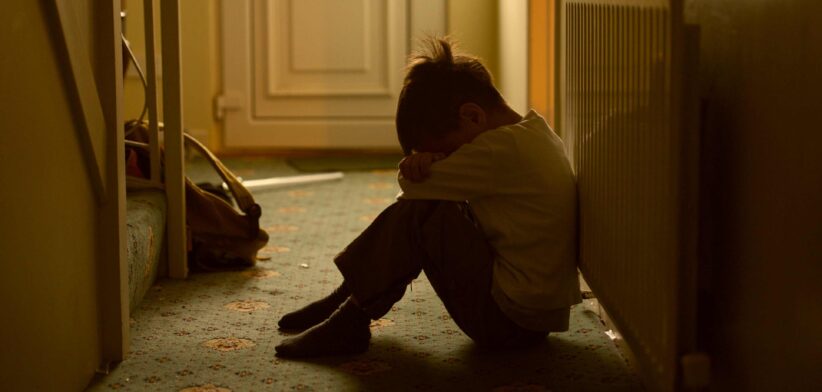Up to 40 percent of long-term mental health issues in Australia have been traced back to childhood neglect and abuse.
A University of Sydney study has uncovered the widespread impact of child abuse and neglect in Australia, with analysis showing it was the cause of almost half of the instances of some mental health conditions.
The mental health conditions examined were anxiety, depression, harmful alcohol and drug use, self-harm and suicide attempts, with childhood maltreatment classified as physical, sexual and emotional abuse, and emotional or physical neglect before the age of 18.
Dr Lucinda Grummitt, who led the study, said childhood maltreatment was found to account for 41 percent of suicide attempts in Australia, 35 percent of cases of self-harm and 21 percent of depression.
Dr Grummitt said the analysis, published in Jama Psychiatry, was the first study to provide estimates of the proportion of mental health conditions in Australia that arose from childhood maltreatment.
“The results are a wakeup call for childhood abuse and neglect to be treated as a national public health priority,” Dr Grummitt said.
“The results are devasting and are an urgent call to invest in prevention – not just giving individual support to children and families, but wider policies to reduce stress experienced by families.”
The analysis also found that if childhood maltreatment was eradicated in Australia, more than 1.8 million cases of depression, anxiety and substance use disorders could be prevented.
“Investments to address childhood maltreatment have the potential to avert millions of cases of mental disorders in Australia,” Dr Grummitt said.
Researchers examined data that included national surveys provided by the Australian Child Maltreatment Study in 2023 (8500 participants), the Australian National Study of Mental Health and Wellbeing 2020-2022 (15,893 participants) and the Australian Burden of Disease study 2023.
Previous research, independent to the University of Sydney study, found over half (53.8 percent) of Australians experienced maltreatment during their childhood.
Dr Grummitt said there were effective interventions, such as programs to support children experiencing maltreatment or parent education programs, but the most sustainable solution to prevent child maltreatment was policy-driven prevention.
“Policies to alleviate stress experienced by families, such as paid parental leave, affordable childcare, income support like Jobseeker, and making sure parents have access to treatment and support for their own mental health could make a world of difference for Australian children.
“Addressing the societal and economic conditions that give rise to child maltreatment can play a large part in preventing mental disorders at a national level,” Dr Grummitt said.
